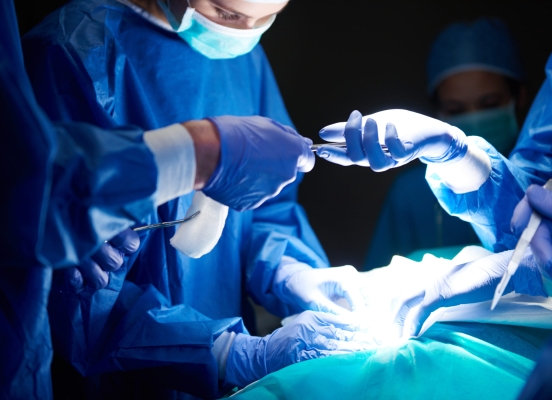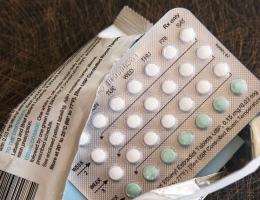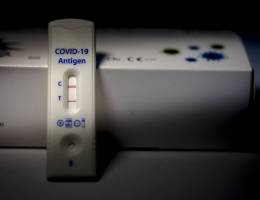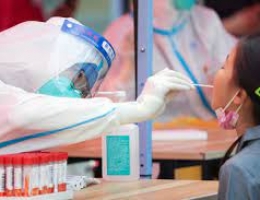
US Surgeons Make History with First-Ever Bladder Transplant
US Surgeons Perform World’s First Bladder Transplant in Medical Breakthrough
Washington: Surgeons at Ronald Reagan UCLA Medical Center in Los Angeles have successfully carried out the world’s first human bladder transplant, marking a significant advancement in organ transplantation.
The groundbreaking procedure, conducted on May 4, involved transplanting both a bladder and a kidney into 41-year-old Oscar Larrainzar, a father of four who had previously lost a significant portion of his bladder due to cancer. Larrainzar had also undergone kidney removal due to end-stage kidney disease and had been on dialysis for seven years.
Surgical Procedure & Innovation
During the eight-hour operation, surgeons first transplanted the kidney, followed by the bladder, using a pioneering technique developed specifically for this procedure. Dr. Nima Nassiri, one of the lead surgeons, highlighted the immediate success of the transplant.
“The kidney began producing a substantial amount of urine right away, and the patient’s kidney function improved instantly,” Nassiri stated. “There was no need for dialysis post-surgery, and the urine drained properly into the new bladder.”
Challenges & Medical Significance
Full bladder transplants had not been attempted before due to the complex vascular structure of the pelvis, making the procedure technically demanding. Nassiri and fellow surgeon Dr. Inderbir Gill emphasized that this milestone was the result of over four years of meticulous research and preparation.
Previously, patients requiring bladder reconstruction had limited options, including creating a new bladder from intestinal tissue or using an external stoma bag—methods often associated with complications. Doctors hope that full bladder transplants will provide a safer and more functional alternative.
Future Implications
The success of this procedure opens new possibilities for patients suffering from severe bladder conditions. Medical experts believe this breakthrough could pave the way for further advancements in organ transplantation, offering renewed hope to individuals with complex urological disorders.





